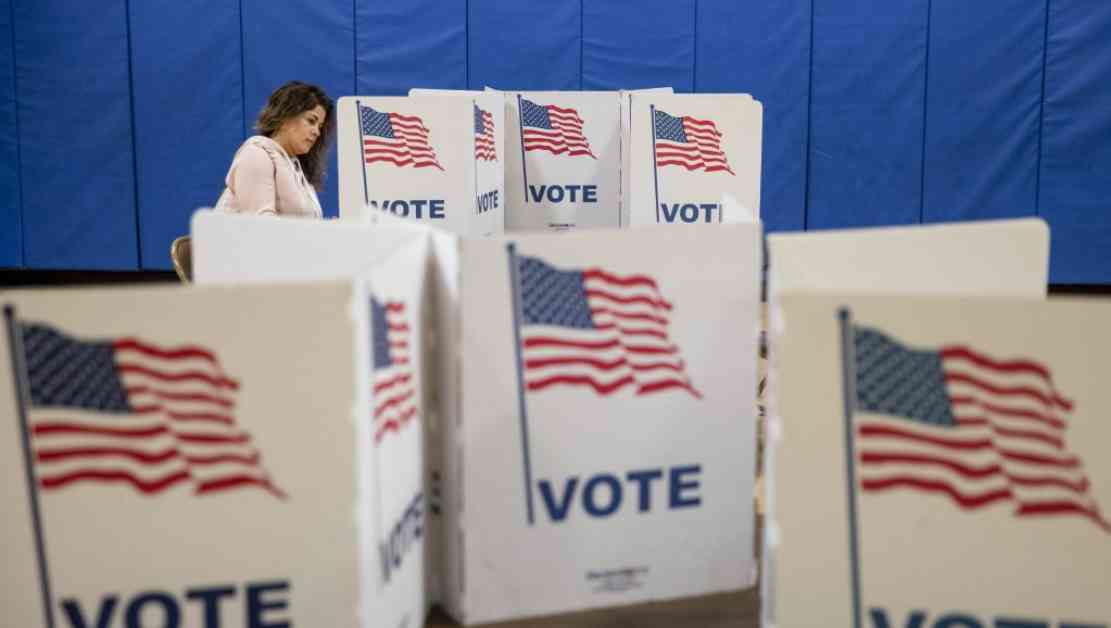Puerto Rico has been an important part of American politics, especially during presidential elections. Even though it is not a state, Puerto Rico plays a significant role in the political landscape. With the 2024 election approaching, many are curious about the voting rights of Puerto Ricans.
The 2024 presidential election is scheduled to take place on Tuesday, November 5, 2024. However, Puerto Ricans, as residents of a U.S. territory and not an official state, do not have the right to vote in U.S. presidential elections. But there is a way for them to participate in the election process.
Puerto Ricans can vote for president if they are registered in any of the U.S. states. This means that they can have a say in the election by registering to vote in one of the states. Additionally, residents of Puerto Rico can participate in primary elections and help select delegates to represent them at the Democratic and Republican nomination conventions.
In the lead-up to the 2024 election, several public figures of Puerto Rican descent have spoken out against derogatory comments made at a Trump rally in New York City. Comedian Tony Hinchcliffe’s offensive remarks about Puerto Ricans and other minority groups sparked outrage among many, leading to a wave of endorsements for Vice President Kamala Harris.
Celebrities like Luis Fonsi, known for his hit song “Despacito,” have openly supported Harris in response to the disrespectful comments made at the rally. Fonsi expressed his pride in his Puerto Rican heritage and condemned the racist remarks, emphasizing the importance of respect and unity within the Latino community.
Similarly, Jennifer Lopez and Ricky Martin also showed their support for Harris by sharing her plans to create opportunities for Puerto Rico and the U.S. in their Instagram Stories. These endorsements highlight the solidarity and determination of Puerto Ricans to stand up against discrimination and advocate for a better future for their community.
As the 2024 election approaches, the voices of Puerto Ricans and their allies continue to grow stronger, emphasizing the importance of inclusivity and equality in American politics. While they may not have the right to vote directly for president, Puerto Ricans are making their voices heard and shaping the political discourse in meaningful ways.





















